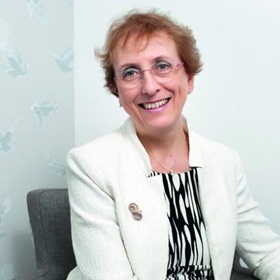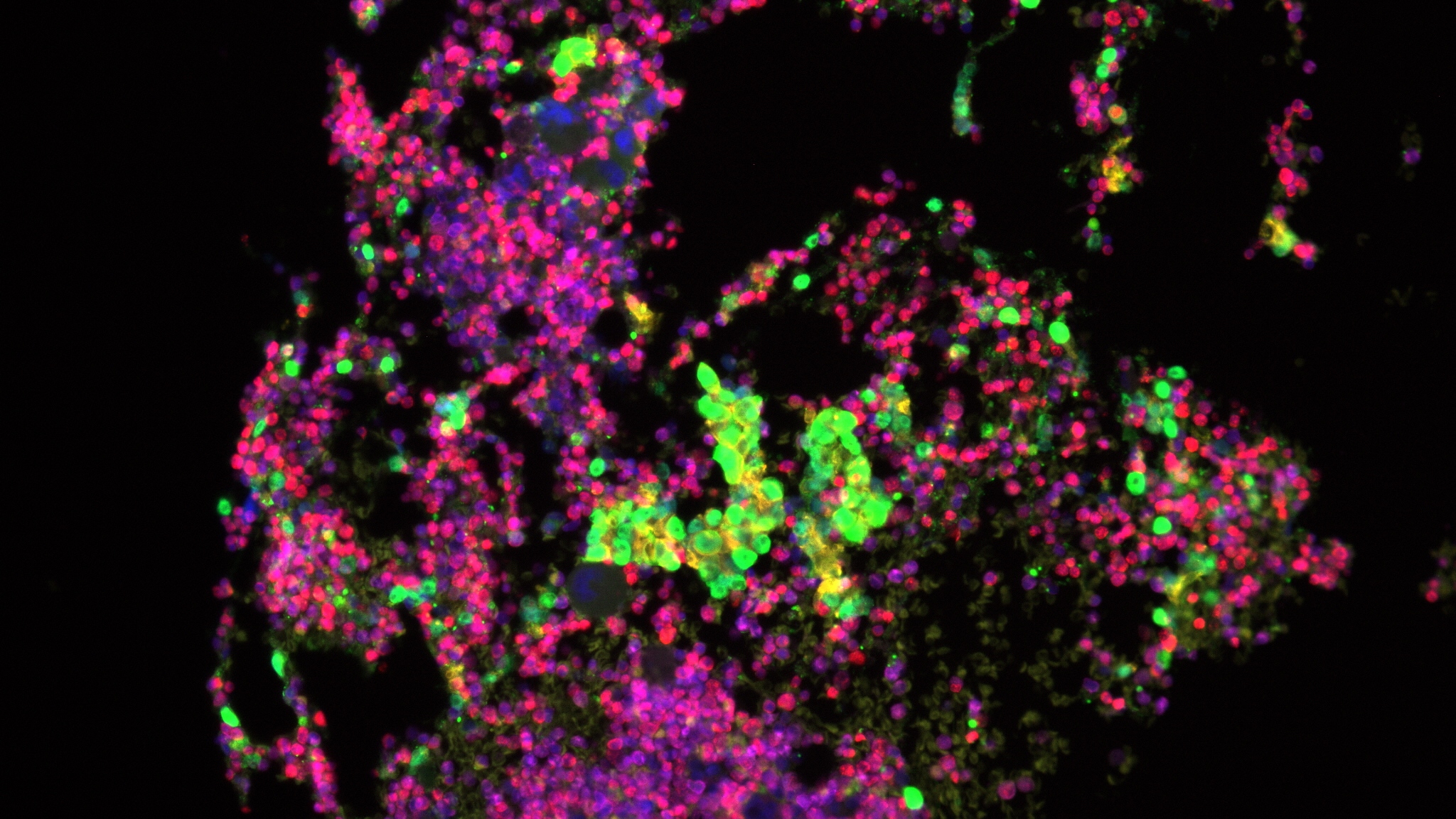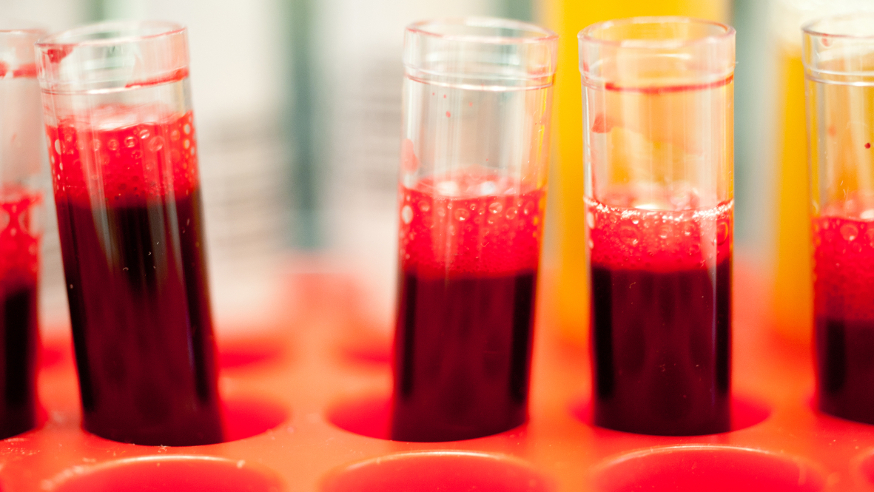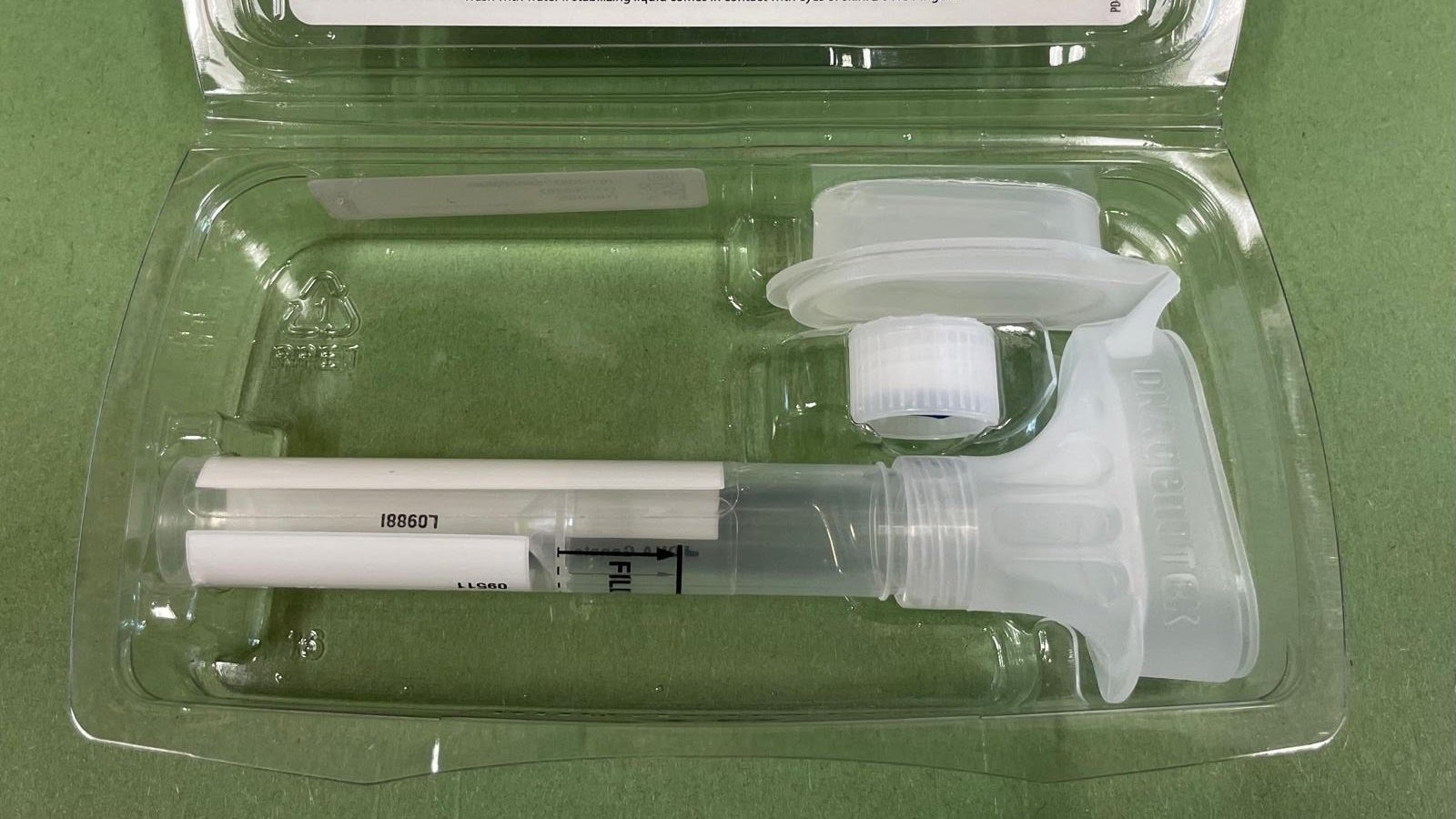Oncogenetics Group
The Oncogenetics group have three sub-groups working alongside each other: the lab group of scientists and clinical fellows, the data group of scientists and administrators and the clinical group of nurses and clinical fellows. Our principal investigator, Professor Ros Eeles, oversees these groups.
Our group aims to translate laboratory findings about genetic risk factors for cancer into the clinic with a focus on predisposition to prostate cancer.
The Oncogenetics Group aims to translate laboratory findings about genetic risk factors for cancer into the clinic. Our focus is on predisposition to prostate cancer.
The laboratory component of the research programme involves the search for prostate cancer predisposition genes and studies of their mutation spectra, risks and interactions with environmental factors.
The clinical component of the research encompasses risk profiling, targeted screening, prevention and the application of cancer genetics to cancer management. There is close interaction with The Royal Marsden NHS Foundation Trust and, in addition to studies in the management of individuals with a predisposition to prostate cancer, there is a research programme in genetic counselling and integration of cancer genetics into the cancer care pathway.
We have established an uro-genetics clinic to investigate the application of genetic research in prostate cancer predisposition to the clinic. This is in addition to our now long-established specialised carrier clinic for the translational research into and management of individuals with mutations in the genes BRCA1 and BRCA2.
There are also psychosocial studies conducted in collaboration with the Department of Psychological Medicine.
Professor Rosalind Eeles
Group Leader:
Oncogenetics
Professor Rosalind Eeles is searching for genetic variants that increase a person’s risk of prostate cancer and is currently leading clinical trials looking into whether regular screening of men with certain genetic mutations/genetic risk profiles leads to earlier diagnosis.
Researchers in this group
Professor Rosalind Eeles's group have written 624 publications
Most recent new publication 11/2024
See all their publicationsRecent discoveries from this group

 .
.


